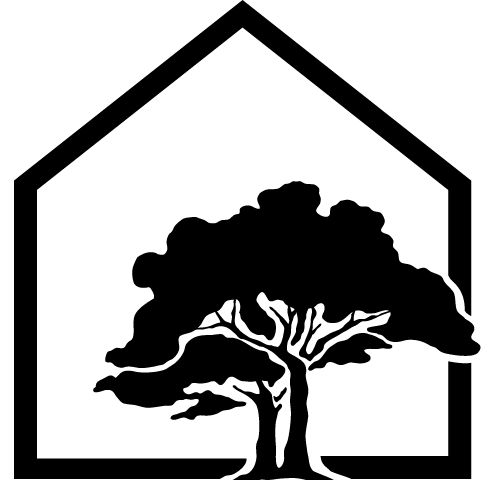We were honored to participate in the 2022 Built Green Conference. Every year, it provides valuable and cutting-edge information on green building and sustainability. Green Canopy NODE’s Co-Founder Sam Lai was invited to moderate the panel Partnerships for Delivering Sustainable Affordable Housing. “The point of convening today is to come with humility and listen. The group of people in this space is amazing. I hope every one of you can leave this room having learned one or two things that you can apply in your work,” he said.
In a nutshell, panelists were clear on a generalized goal: residential real estate projects need to be increasingly community-led. Unhelpful structures need to change. That change can be hard, painful, and sometimes even feel impossible. But if the brave people in the industry continue to gather and partner, willing to look at problems, racist structures, or blind spots – within our communities and organizations – everything is possible.
We want to share the key insights from each of the panelists on creating partnerships to help ensure real estate development meets community needs.
South Puget Sound Habitat for Humanity – “When someone tells me something is impossible, I am more motivated to do it and partner with smart people that will help me accomplish it. We need to plan different types of housing for all people at all income levels," said CEO Carly Colgan. Habitat for Humanity builds affordable homeownership opportunities for current and future generations. Each home is built closely with the future homeowners, so they are part of creating a better life for themselves and their families, developing strength, stability, and independence in the process.
Africatown Community Land Trust – “Do developers impact communities in the way the latter would like them to do? It is only by working together that we can bring about a new paradigm in which communities are fully taking part in developments,” explained Muammar Hermanstyne. Africatown Land Trust works to acquire, steward, and develop land assets to empower the African diaspora in the Greater Seattle Region, fostering civic participation and equity.
Artisans Group Architecture Planning – “We feel a strong call to action from our industry: we need to address racial equity and affordable housing. We should all be fighting for something,” shared Tessa Bradley, Principal Architect. Artisan Group Architecture Planning is a women-owned firm committed to artful design and building science for a better world. The firm currently works 70 percent on Passive House and 30 percent on affordable housing, partnering with South Puget Sound Habitat for Humanity, Homes First, and other actors in the process.
Homestead Community Land Trust – "Too often we are given a forced choice to either build for affordability or sustainability. It's urgent that we build more affordable housing. It's urgent that we address climate change. We must reject this false choice. We must do both now," urged Kathleen Hosfeld, Executive Director. Homestead Community Land Trust preserves and advances access to affordable homeownership to create thriving, equitable and inclusive communities, empowering individuals, families and neighborhoods in the Greater Seattle and King County area.
Washington State Housing Finance Commission – “There is more need for resources than we have resources to provide. How do we prioritize which projects to finance? Through a community-based approach and partnerships informing a scoring criterion to distribute resources,” shared Lisa Vatske, Director of Multifamily Housing and Community Facilities Division. The Commission is dedicated to expanding housing access, safeguarding racial equity values, and committed to actively dismantling structural racism in the housing industry.
City of Seattle – “The growth strategy in Seattle has been almost the same for the past 30 years, that is, concentrating most new developments –apartments and townhomes – in the same areas,” explained Senior Urban Planner Nick Welch. “We are now in the exciting phase of rethinking that; addressing the historic underproduction of housing and creating more opportunities in affordable and income-restricted markets,” he added. As prices rise and economic and racial segregation continues, Seattle’s Land Use division strives to shift these issues by rethinking how to distribute housing opportunities throughout the city.
Building Communities
There are many ways to go about including communities in real estate projects. The spectrum ranges from ignoring or merely informing groups to collaborating, co-developing, and even delegating responsibility for different parts of the project. Collaboration allows for creating the housing that communities want, and future generations need.
Green Canopy NODE has long recognized that to build sustainable homes for everyone, we cannot work in isolation. Building partnerships is key to creating a better future where good homes are affordable, communities are resilient and inclusive, net zero carbon homes are the norm, wild lands are preserved and impact investors earn profits.
Interested in exploring a partnership opportunity to deliver more sustainable and affordable housing?








